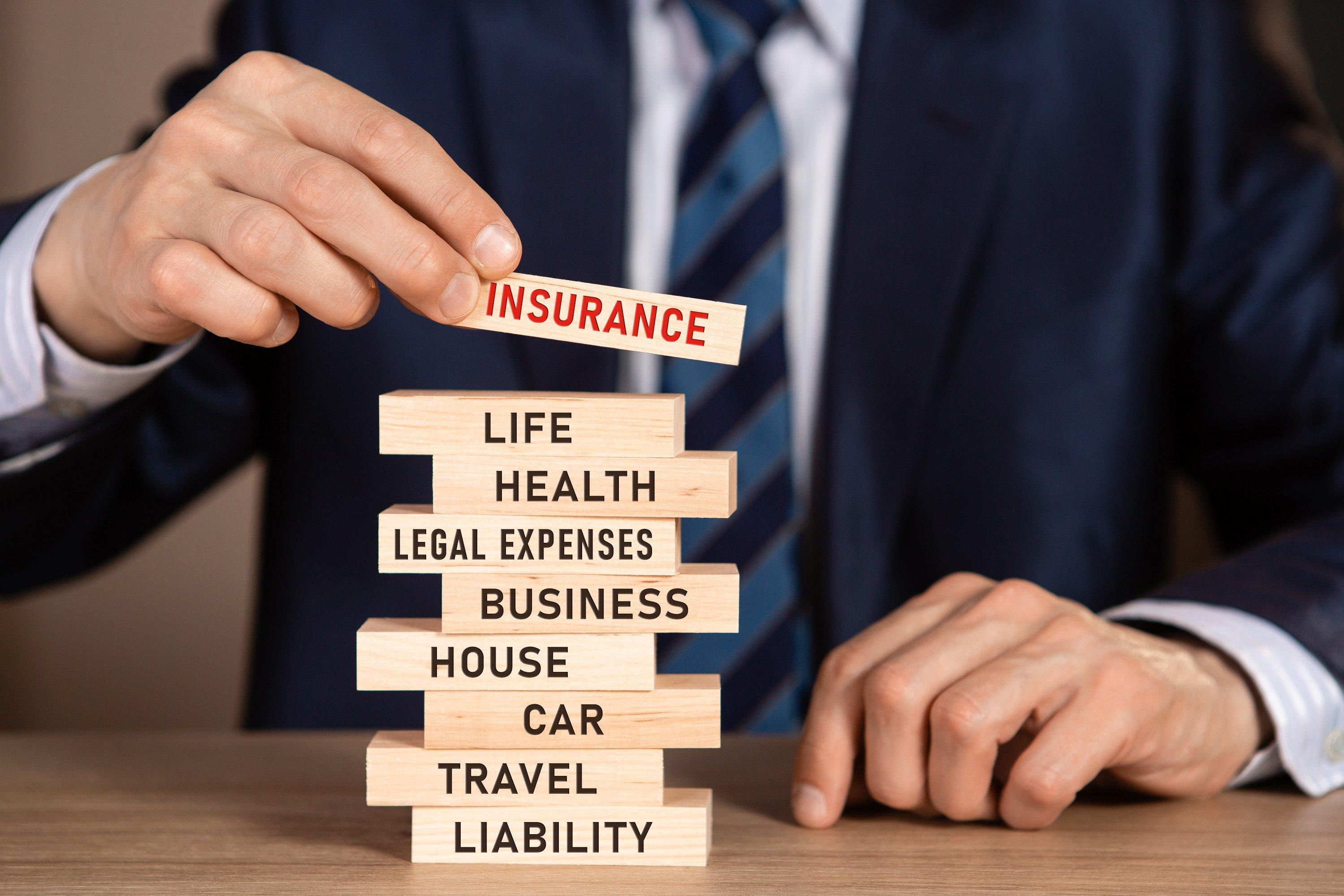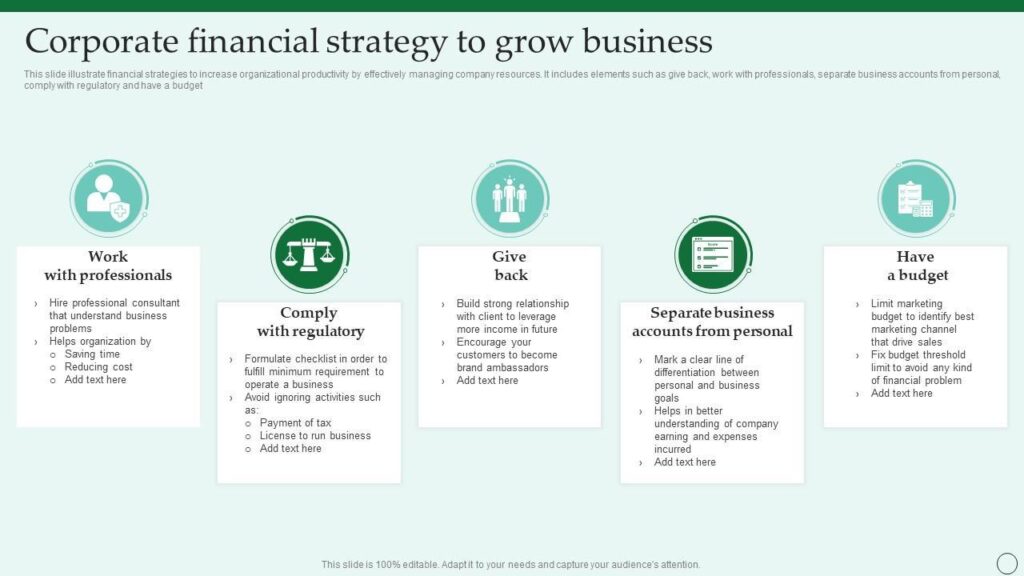When life throws you a curveball, sometimes it feels less like a playful toss and more like a fastball aimed directly at your wallet. Medical emergencies are one of those unexpected smash hits that can send anyone into a financial tailspin faster than you can say “co-pay.” But don’t worry; we’re here to help! Navigating the choppy waters of unexpected medical expenses doesn’t have to feel like free-falling into a bottomless pit of debt. In fact, armed with some savvy financial strategies—and a pinch of humor—you can turn those medical bill stress knots into mere speed bumps on your journey to financial stability. So grab your calculator and your health insurance card; it’s time to turn “Oh no!” into “I’ve got this!”
When Life Gives You Lemons, Open a Health Savings Account
When unexpected medical bills start piling up, it can feel like you’re taking a bite out of the sourest lemon imaginable. But, instead of puckering up, why not open a health savings account (HSA) to sweeten the situation? Think of an HSA as a lemon-juicer for your finances. Not only do you get to set aside pre-tax dollars for medical expenses, but the funds you put into an HSA also roll over year after year. You won’t have to worry about losing your savings if you don’t use them right away. It’s like a never-ending lemonade stand!
- Triple tax advantage: Contributions are tax-deductible, funds grow tax-free, and withdrawals for medical expenses are tax-free.
- Flexibility: Use it for a wide range of medical expenses—from doctor’s visits to eyeglasses.
- Long-term savings: Unused funds roll over annually and can be invested, so your money can grow just like a juicy lemon tree.
| HSA Benefits | Why It’s Sweet |
|---|---|
| Tax Savings | Less money paid to Uncle Sam means more savings for you. |
| Investment Opportunities | Your funds can grow over time, much like a fruitful orchard. |
| Future Medical Security | Safe funds to cover medical crises without financial stress. |

Navigating the Insurance Maze Without Losing Your Sanity
Dealing with insurance paperwork when you’re already stressed from a medical emergency can feel like frosting a cake with a shovel. But fear not! To make this labyrinth a bit less terrifying, here are some strategies to consider:
- Understand Your Policy: Know what your insurance covers and what it doesn’t. It’s like knowing the food menu before ordering a complicated dish at a new restaurant.
- Keep Detailed Records: Maintain a folder – yes, a real paper folder – with all your medical receipts and correspondence. Think of it like a scrapbook, but with a lot less glitter.
- Ask Questions: Don’t hesitate to ask your insurance provider to clarify terms. Pretend you’re back in school, raising your hand to understand why Neptune isn’t a planet anymore – get those answers!
- Leverage Health Savings Accounts (HSAs): If you have one, use it! It’s like finding a forgotten gift card in your old jeans pocket.
On the practical front, here’s a quick comparison to help maximize your benefits:
| Plan Type | Pros | Cons |
|---|---|---|
| HMO | Lower Cost | Restricted Network |
| PPO | Flexible Choice | Higher Premium |
| EPO | No Referrals Needed | Out-of-Network Fees |

Turning Penny-Pinching into an Art Form: Budget Tips for Medical Mayhem
Dealing with unforeseen medical expenses can feel like navigating a financial labyrinth, but transforming your penny-pinching skills into an art form can make it less daunting. Start by listing your essential expenses and separate them from the non-essential ones. You might find that your daily gourmet coffee isn’t as essential as it seems!
- Prioritize your bills: Focus on high-interest debts first to avoid exorbitant interest piling up.
- Hunt for discounts: Bulk buying and using coupons can help you save significantly on groceries and medications.
- Negotiate: Don’t hesitate to negotiate medical bills. Many providers offer payment plans or financial assistance.
| Category | Essential? |
|---|---|
| Rent/Mortgage | Absolutely |
| Subscription Services | Nope |
| Groceries | Yes, but prioritize needs over wants |
| Dining Out | Only for special occasions |
Additionally, think about changing some habits. Swap restaurant visits for homemade meals, which are kinder on your wallet and waistline. Save on entertainment by exploring free local events or borrowing books and movies from the library. Every little bit counts, and those pennies you save today could be lifesavers tomorrow!

Crowdfunding Your Way to a Healthier You: How to Ask for Help Without Feeling Awkward
Medical emergencies can be financially overwhelming, and asking for help can feel daunting. Crowdfunding can be a lifesaver, but how do you ask without feeling awkward? The trick is to be genuine and specific about your needs. Here’s a pro-tip: people are more inclined to donate if they understand exactly what their money will be used for.
- Be Transparent: Share your story openly. The more detail you provide, the more relatable and trustworthy you seem.
- Use Visuals: A picture or video can convey your message more effectively than words alone.
- Set Clear Goals: Make it clear how much money you need and what it’s for.
Now, let’s make things a bit funnier. Everyone loves some humor, even in tough times. Try to lighten the mood without downplaying the seriousness of your situation. Here’s an idea for a table that can show where the donations will go. You can create it using a simple table block:
| Expense | Amount Needed | Notes |
|---|---|---|
| Medical Bills | $5,000 | Covering surgery costs |
| Medications | $1,200 | For 6-month supply |
| Physical Therapy | $800 | 12 sessions |
| Miscellaneous | $500 | Transportation, meals, etc. |
Q&A
Q&A:
Q: What’s the first thing I should do when faced with a medical emergency?
A: Besides panicking and calling your mom, the first financial step should be to understand your health insurance. Yes, that dusty packet you got ages ago. Knowing what your plan covers can save you from surprise bills that feel like they came directly from a horror movie.
Q: Why do I need an emergency fund, and how much should it be?
A: Imagine your bank account as a superhero, ready to swoop in and save the day. An emergency fund covers unexpected medical costs when life rudely decides to throw curveballs. Most experts suggest aiming for 3-6 months’ worth of living expenses. But hey, if you haven’t started yet, even stashing away enough to cover a few doctor visits can be a lifesaver.
Q: Can I negotiate medical bills?
A: Absolutely! Think of it as haggling at a flea market, but with a tad more paperwork and less haggling over beaded jewelry. Call the billing department and ask for itemized bills. Once you see how much they charged for that Band-Aid, you might be motivated to negotiate. Sometimes, they’ll even offer discounts for immediate payments or financial hardship.
Q: What about payment plans?
A: Payment plans are like the layaway plan for your health. Most hospitals and big medical centers offer them, sometimes without interest. Think of it as a way to pay off your “luxurious” hospital stay (the food is debatable luxury) without resorting to selling your kidney – which, ironically, might incur more medical costs.
Q: Are there any programs to help with medical costs?
A: Yes! There are plenty of financial assistance programs, government grants, and non-profits that might help cover your costs. Each has its quirky application process (hello, bureaucracy!), but they can be worth the effort. Research and apply; you’ll thank yourself when you’re not drowning in bills.
Q: Should I use a credit card to pay medical bills?
A: Only if you’re sure you can pay it off swiftly. Otherwise, that high-interest rate could make your wallet scream louder than you did during your hospital visit. Consider a medical credit card with low or no interest for a set period, but always read the fine print like it’s the latest celebrity gossip.
Q: Will borrowing from my retirement savings help?
A: Borrowing from your future self is risky; it’s like taking an IOU from one pocket and promising to pay it back with interest to the other. If you must, make sure it’s the absolute last resort, because catching up on retirement funds is as fun as getting a tooth pulled. Without anesthesia. By a T-Rex.
Q: What’s a Health Savings Account (HSA), and should I have one?
A: An HSA is like a piggy bank with superpowers: your contributions are tax-free, and the interest earns tax-free, too! You can only get one if you have a high-deductible health plan, but if you’re eligible, it’s a fantastic way to stash away money specifically for medical expenses. Think of it as your own personal “health rainy-day fund.”
Q: Any final tips for managing unexpected medical costs?
A: Breathe. Plan. Laugh (when you can). Medical emergencies are stressful, but having a financial strategy can be like your secret weapon. Think of it as assembling your Avengers team: a little planning, a trusty emergency fund, and negotiating skills worthy of a superhero can make a world of difference. And always keep that sense of humor handy – it’s free and good for your health!
Conclusion:
Medical emergencies might not come with a “skip” button, but being prepared can make them less financially devastating. And while navigating the world of medical bills can feel like wrestling an octopus, remember to bring your superpower: a good sense of humor and a well-crafted financial strategy!
Wrapping Up
And there you have it, folks—your ultimate game plan for fending off those unexpected medical bills without resorting to living off ramen noodles for the next decade. Remember, financial emergencies can feel like a surprise party where the piñata is full of bills instead of candy. But with these strategies, you’ll be better equipped to dodge the financial confetti and come out the other side, wallet intact. So, go ahead and put these tips into action, because the only thing worse than a medical emergency is a medical emergency AND a financial crisis. Stay healthy, stay savvy, and may your emergency fund be as robust as your sense of humor!




